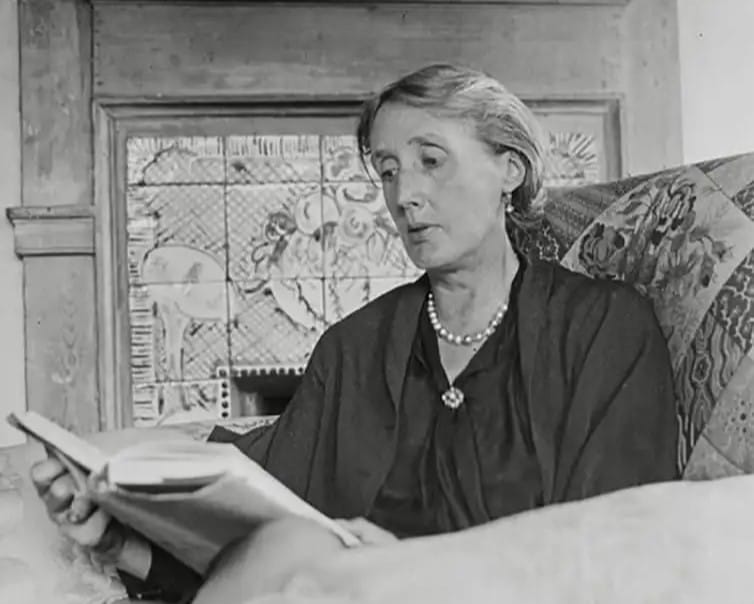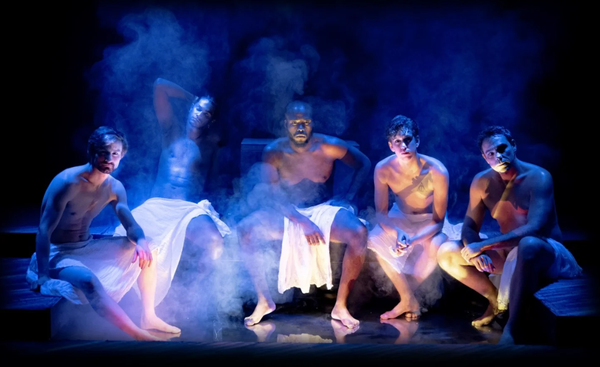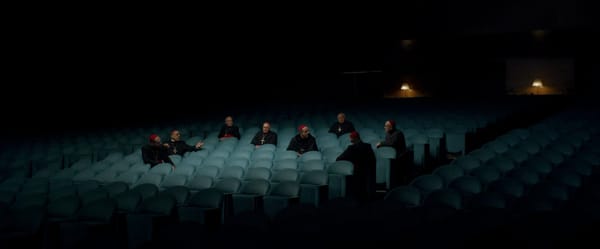Conversations across centuries
Artists who speak to each other
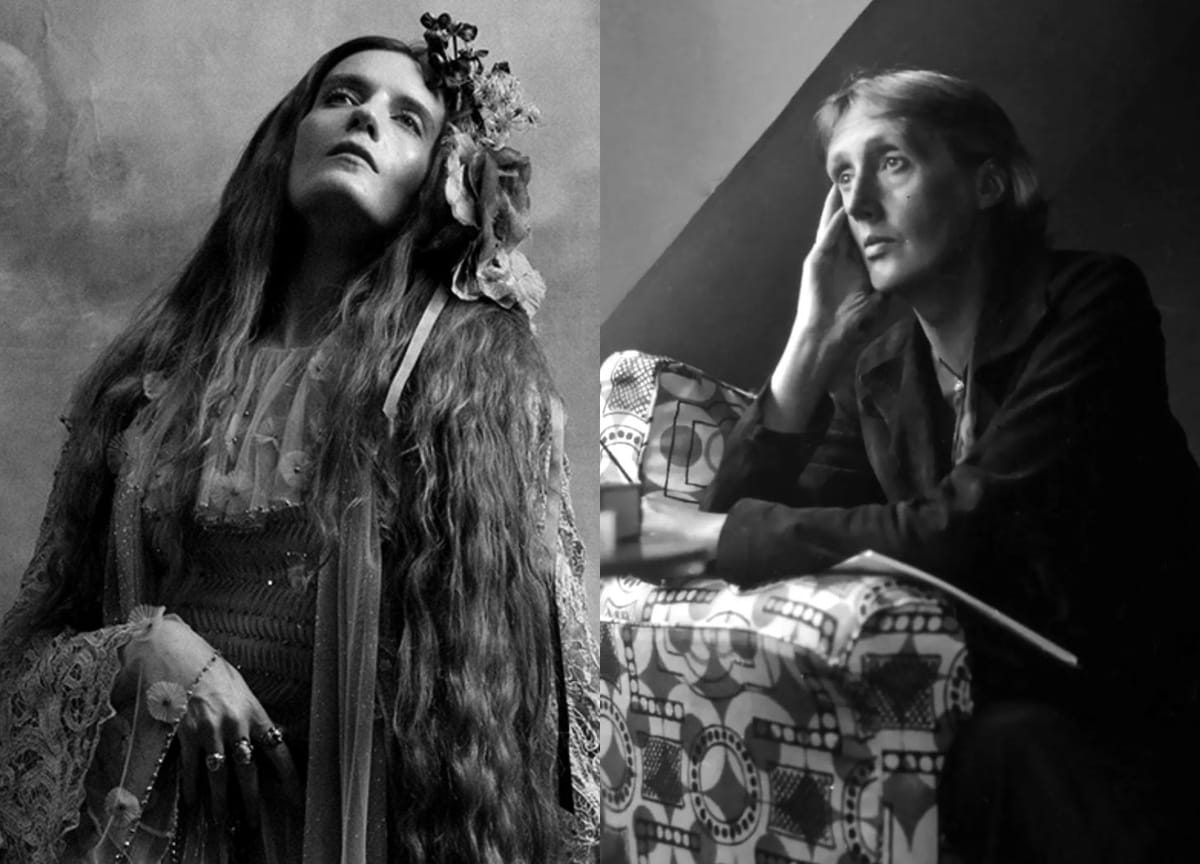
I don’t know about you but I love discovering how stories and art from centuries ago still mingle in today’s culture.
Tracing what influences artists, filmmakers, and storytellers is a way of unearthing a whole new meaning to their work. It’s like eavesdropping on a conversation between people who are working centuries apart.
But it’s also worth finding our own connections between the stories and art we love that aren’t necessarily explicit references.
A while ago, one of my favourite YouTubers Ariel Bissett shared a video called “Would George Orwell have listened to Lorde?”. In the video, she compares the books by her favourite author to the lyrics by her favourite musician to see whether or not they reflect similar values and messages.
This video got me thinking about what it is that draws us to particular artists, especially those whose works are decades or centuries apart but seem to evoke similar feelings within us. Since watching Ariel’s video three years ago, I’ve been asking myself the same question about my two favourite artists:
Would Virginia Woolf have listened to Florence + the Machine?
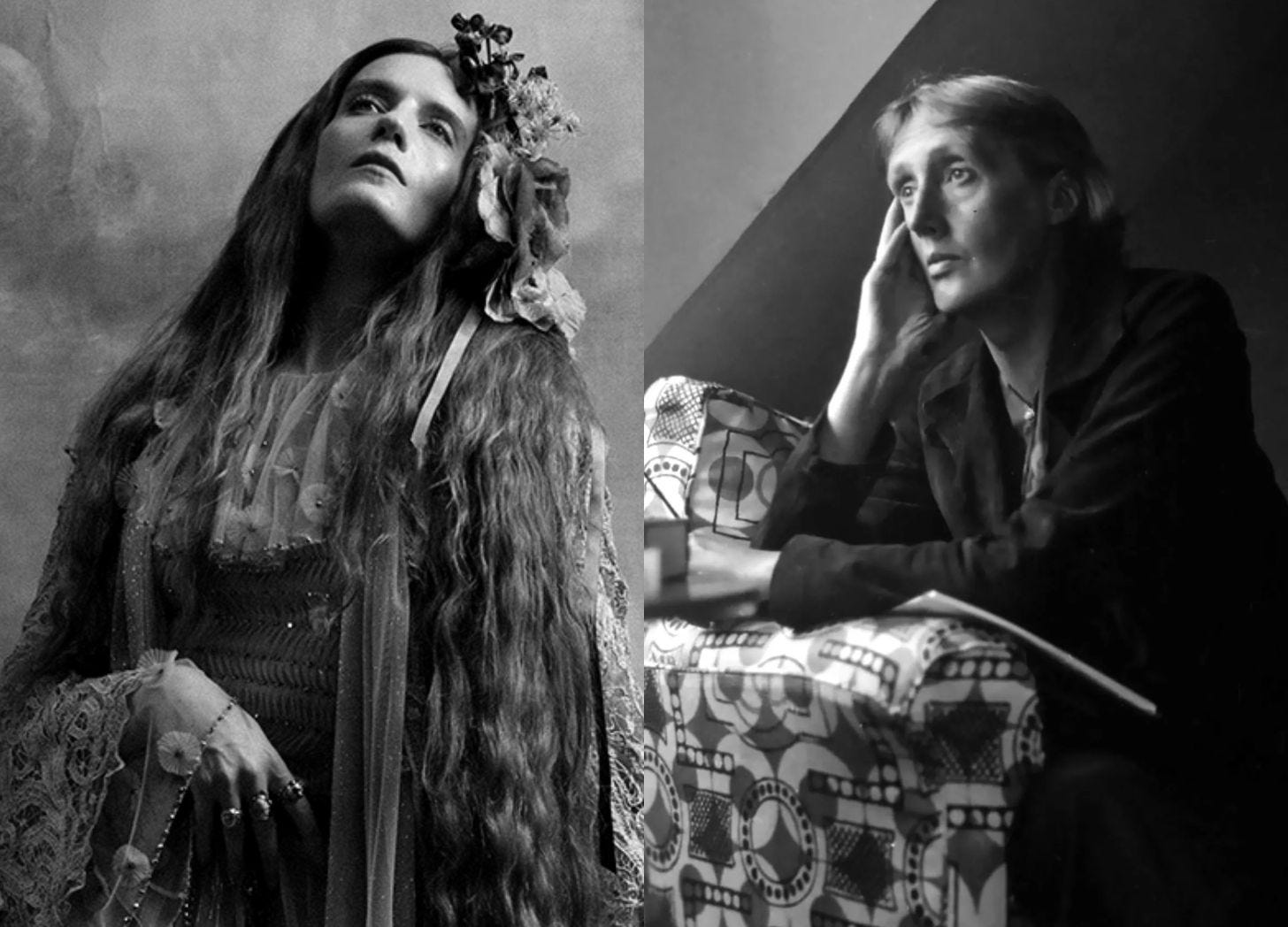
In my mind, Virginia Woolf and Florence Welch came into being from the same piece of stardust. I never thought it necessary to confront this idea with any rationality until I came across a note at the bottom of the song lyrics to Welch’s “What the Water Gave Me”:
Florence stated that the song is inspired by Virginia Woolf, as she thought about Woolf’s suicide by drowning when visiting a country house where Woolf frequently encountered other writers, artists and philosophers: “We got there too early, but they let us into the gardens, and then we ate the apples off the trees … And then I was just thinking about her death. That’s always been such a strong image: going to the river with your pockets full of stones.” — Genius
There’s not much beyond this song that directly connects the two of them but it did get me thinking about an image that’s central to both their works.
Water is not only the motif in what many consider to be Woolf’s masterpiece, The Waves, but it’s also a theme that Welch is renowned for returning to time and time again in her music. For both writers, bodies of water symbolise the ceaselessness of life:
Let me pull myself out of these waters. But they heap themselves on me; they sweep me between their great shoulders; I am turned; I am tumbled; I am stretched, among these long lights, these long waves, these endless paths, with people pursuing, pursuing. – Virginia Woolf, The Waves
Yet, water also offers an escape from the relentless beating of life. It’s an escape that nurtures peaceful solitude — a rebirth through nature — while still holding the possibility of wreckage, drowning, and separation.
Welch has described her writing as a merging of “the mundane and the magical” like when love, death, and guilt coexist with “going for a walk or turning the page of a book”. It’s this that seems to be the conversation Woolf and Welch are having across the nearly one hundred years between them.
Both writers express a kind of poetic confrontation with the grandeur and ordinariness of life. Their words capture what it’s like to be an individual trying to navigate the magnitude and simultaneous insignificance of our earthly existence.
Sometimes, one trembling star comes in the clear sky and makes me think the world beautiful and we maggots deforming even the trees with our lusts. — Virginia Woolf, The Waves
And I know I may not look like much, just another screaming speck of dust. But, oh God, you're gonna get it. You'll be sorry that you messed with us. — Florence + the Machine, “Girls Against God”
If you’ve found value, joy, or comfort in The Kulturalist, consider clicking the button below to support my work. Your generosity keeps the words flowing. Thank you for being here!
If you enjoyed reading this post, you might like this one about my literary pilgrimage to Virginia Woolf's house:
